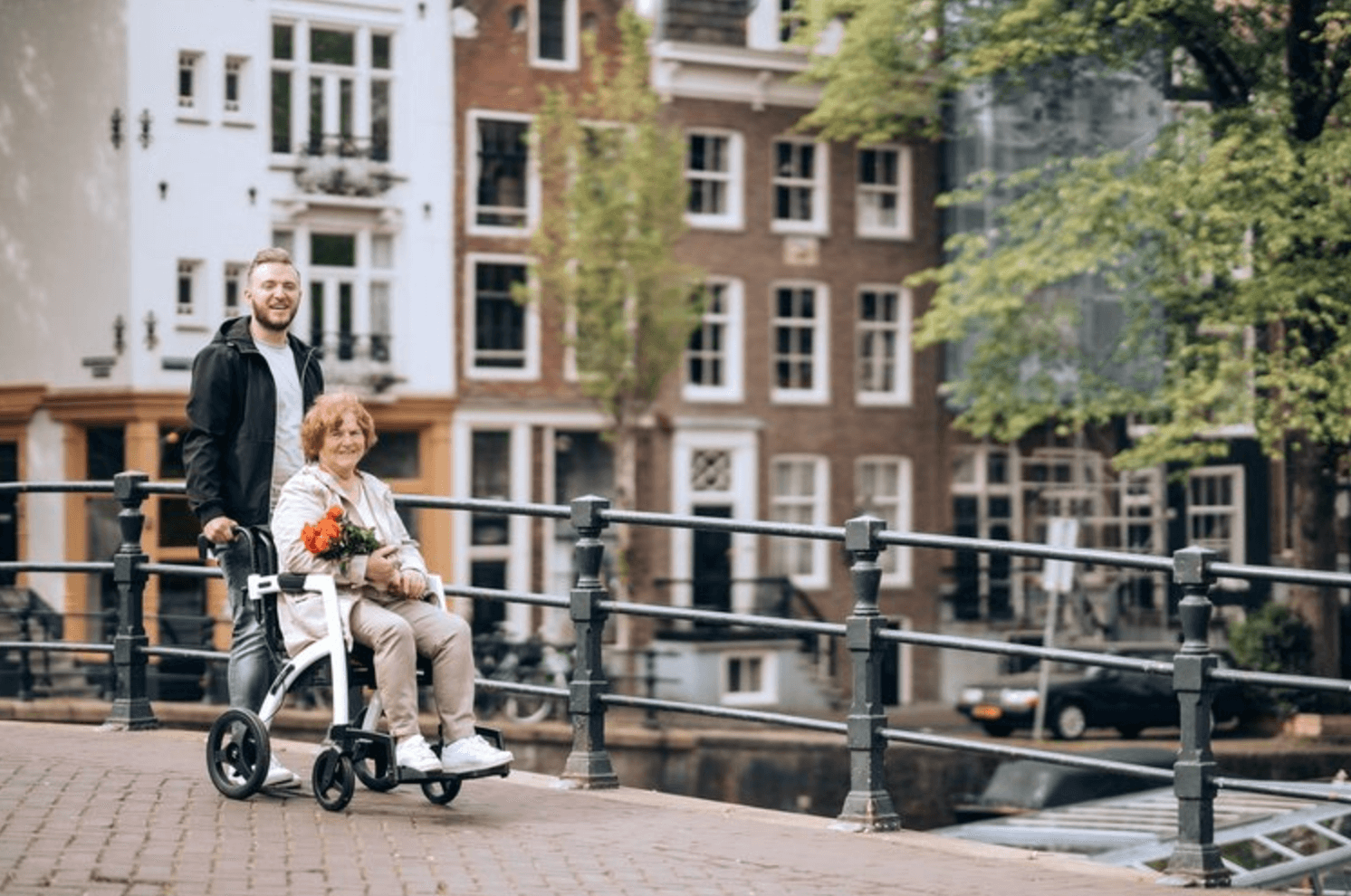
Upper Peninsula Commission For Area Progress
Promoting Development of the Human, Social, and Community Resources of the Upper Peninsula of Michigan
U.P. Fresh Food Access Voucher Deadline: September 30, 2025
U.P. Fresh Food Access Voucher Deadline: September 30, 2025
All U.P. Fresh Food Access vouchers MUST be used by September 30, 2025.
For any questions regarding this deadline or the U.P. Fresh Food Access Program, please call 2-1-1 for information.
OUR PROGRAMS
-

U.P. Caregiver Connection
Providing information, resources, support and programs to caregivers throughout the U.P.
-

U.P. Fresh Food Access
Partnering with the Food Bank Council of Michigan (FBCM), this program is designed to increase access to locally sourced fresh and healthy foods, targeting economically challenged and food insecure residents.
-

U.P. Food as Medicine
Based on a prescription for health model, this program is designed to address and improve the food security of individuals at risk for or diagnosed with a chronic health condition.
-

U.P. 211 Call Center
Providing easily accessible, responsive, and professional information and assistance to Upper Peninsula citizens and families in need, 24 hours a day/ 7 days a week.
-

Long-Term Care Programs
Facilitating in home service options to avoid or delay nursing home placement to help individual’s live independently.
-

Health & Wellness
Offering classes across the Upper Peninsula for disease prevention, management, and wellness.
-

Housing
Providing affordable senior or multi-family housing options to qualified individuals or families. UPCAP manages and develops a number of multi-family and elderly apartment projects across the Upper Peninsula.
-

Michigan Medicare/Medicaid Assistance Program
MMAP (pronounced ‘map’) is a free counseling service for Medicare and Medicaid beneficiaries and their caregivers to help them in making informed health benefit decisions.
-

U.P. Area Agency on Aging (UPAAA)
Assisting older persons in leading independent, meaningful and dignified lives in their own homes and communities for as long as possible.
-

Aging & Disability Resource Collaborative (ADRC)
A joint effort with UPCAP and SAIL to empower individuals to make informed choices and to streamline access to long-term care supports across the Upper Peninsula.
-

Upper Peninsula Long-Term Care Ombudsman Program
Addresses the quality of care and quality of life experienced by residents who reside in licensed long-term care facilities such as nursing homes, homes for the aged and adult foster care homes.
-

U.P. Diabetes Outreach Network (UPDON)
Promoting innovative partnerships to strengthen the prevention, detection and management of diabetes across the Upper Peninsula of Michigan. The Upper Peninsula Commission for Area Progress (UPCAP) serves as the administrator for UPDON.
-

Mediation/Resolution Services
A safe and affordable option for resolving a variety of disputes or disagreements.
“Through mediation, we resolved more in two hours than we did in three years.”
-

The U.P. Association of County Commissioners (UPACC)
The U.P. Association of County Commissioners represents all fifteen counties of the Upper Peninsula of Michigan. UPACC supports the local units of government through its members and advocates on behalf of the counties on issues impacting their constituents and communities. UPCAP serves as the Secretary.
-

U.P. State Fair Authority
The Authority supports the U.P State Fair in its mission to provide a venue for displaying, encouraging and supporting agriculture and industrial pursuits in the UP of Michigan. The Upper Peninsula Commission for Area Progress (UPCAP) serves as the Administrative Agent for the Authority.
-

U.P. 9-1-1 Authority
The Authority is responsible for coordinating and providing a variety of services with respect to 911 emergency call answering and service dispatching across Michigan’s Upper Peninsula. The Upper Peninsula Commission for Area Progress (UPCAP) serves as the secretary and Administrative Agent of the Authority.
-

U.P. Energy Resources
The Michigan Energy Office (MEO) is committed to promoting healthy communities, economic growth, and environmental sustainability through energy waste reduction and renewable energy.
UPDATES & EVENTS
Immediate openings at various subsidized apartment complexes throughout the Upper Peninsula. Click here for more information.
FY 2026 Annual Implementation Plan for Services to Older Adults of the Upper Peninsula








